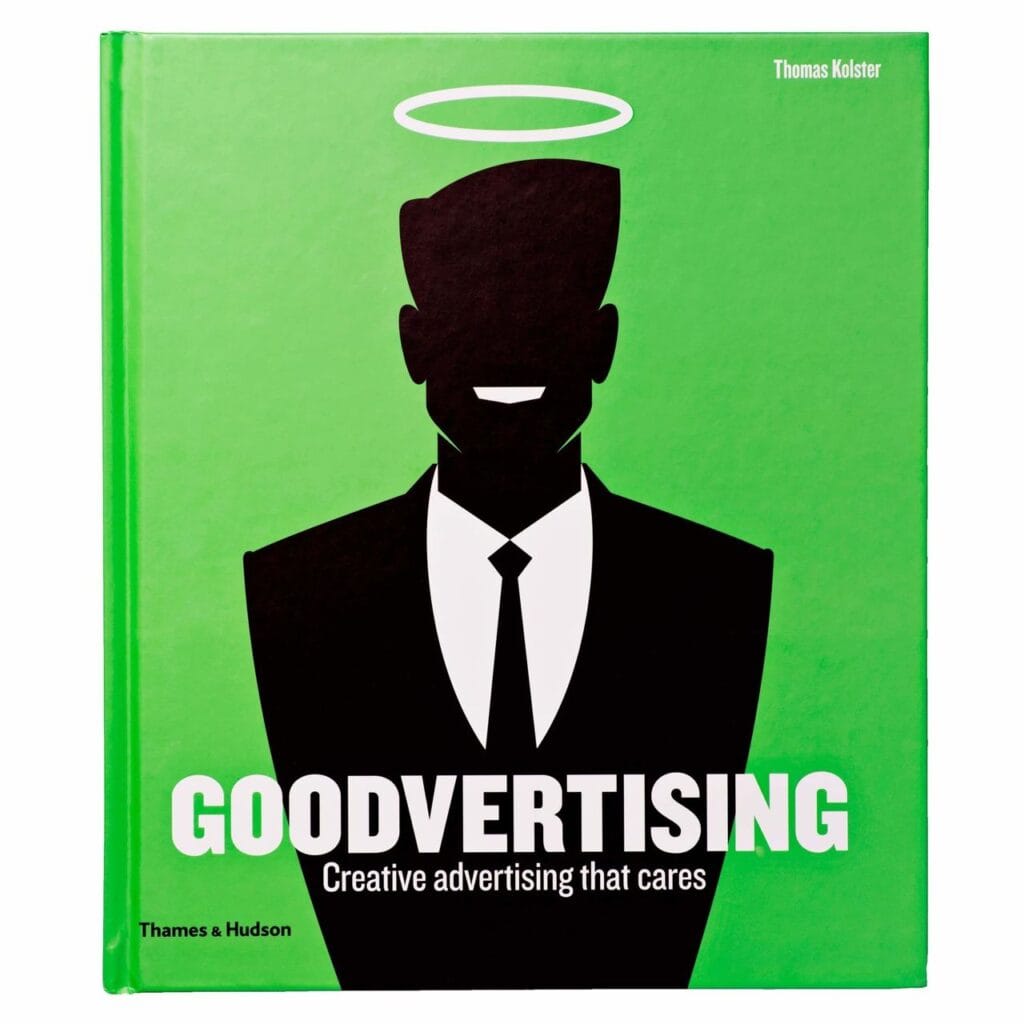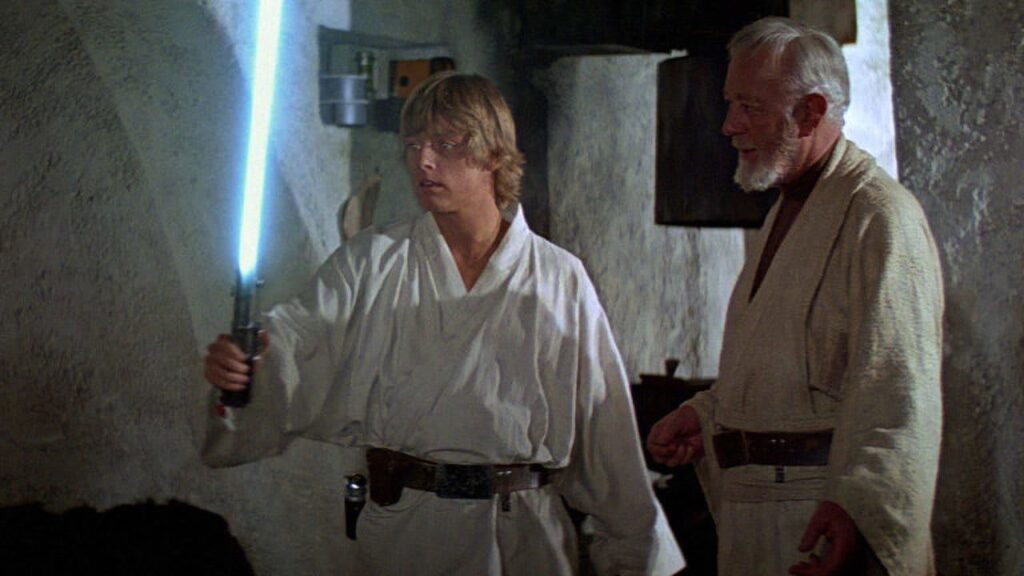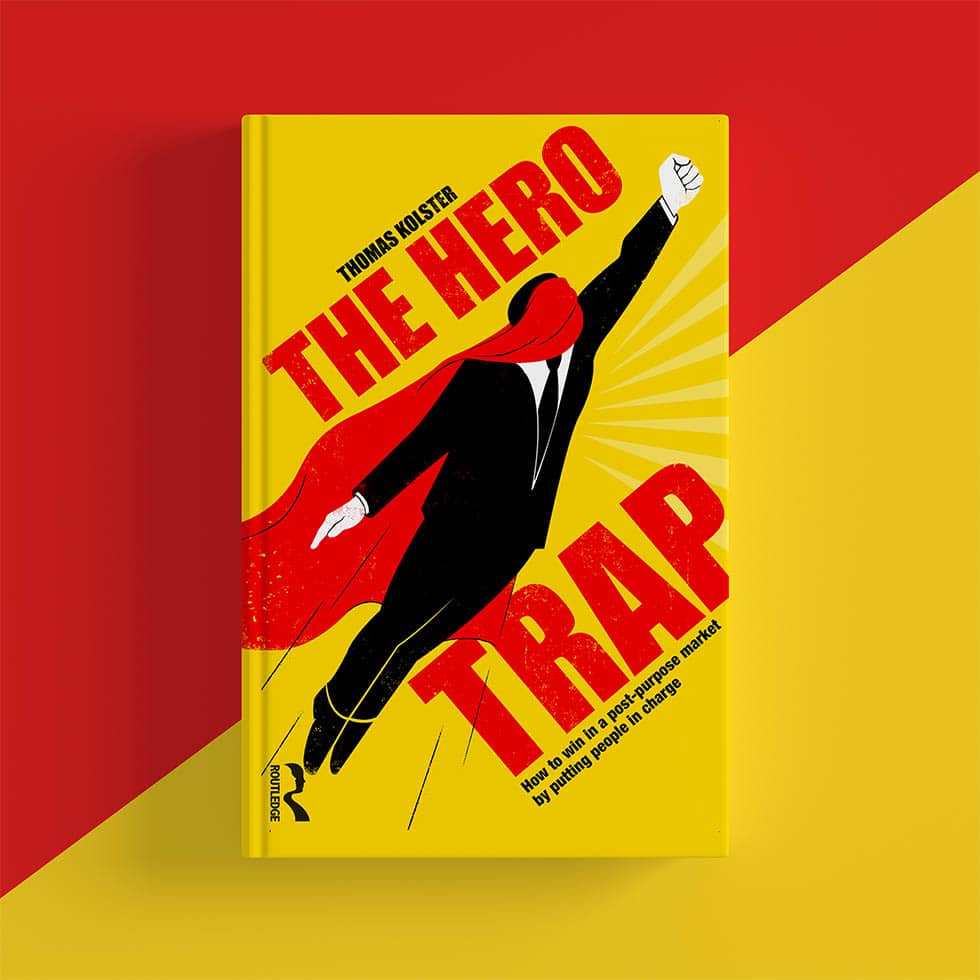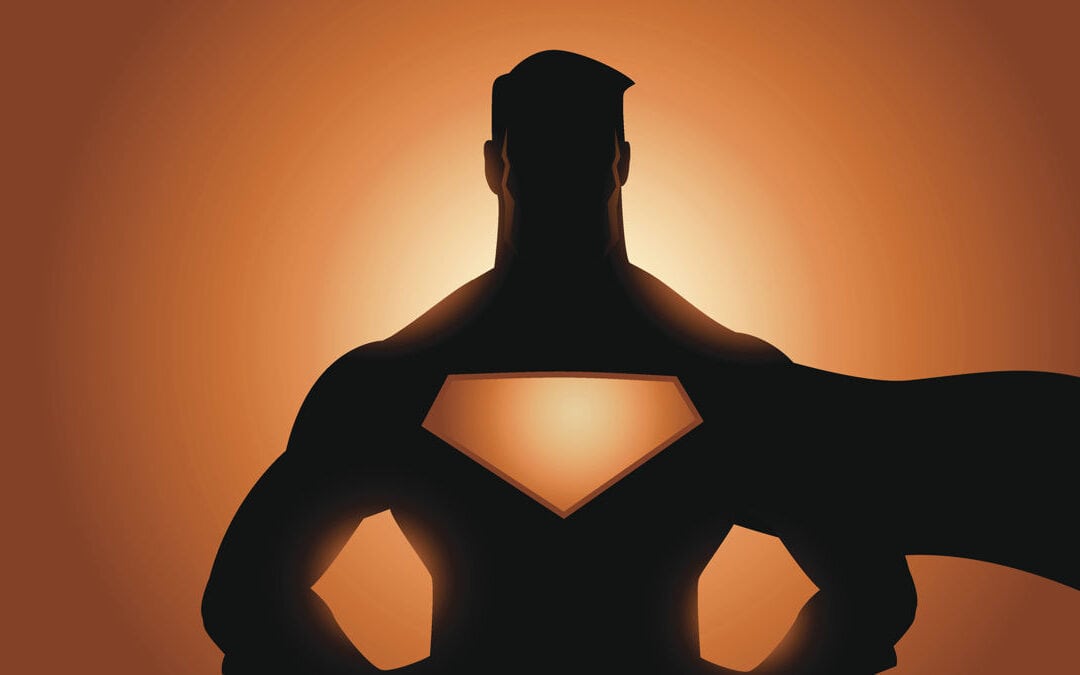Credit: Image by Getty Images – Originally featured in Shots
Across every award show you see yet another brand trying to pitch itself as the solution to all the ills of this world. Unfortunately, I witness missteps daily.
It turns out I was wrong about brands pursuing purpose. Good Lord, I’ve even written a book about brands standing up for good causes [Goodvertising, Thames & Hudson, 2012]. All these years I have been asking the wrong questions. But let me ask you this: Who do you want to be?
I’m not talking about that inquisitive question from your parents when, as a child, you could simply say ‘fireman’, ‘pilot’ or ‘doctor’, and get a pat on the head. I’m talking about ‘who’ you see yourself becoming. ‘Who’ do you aspire to be? ‘Who’ embodies a good life for you? It could be smaller ‘whos’, or roles in your life, like being a more considerate boyfriend or girlfriend, a better vegan chef or a better runner, right up to passions like a hotshot creative director, a skydiver or simply a great mum or dad to your children.
We all go through life struggling to find our ‘who’.

Above: Kolster’s first book, Goodvertising.
Less about buying, more about being
Often, we lose focus of what’s important in our lives, or we prioritise the wrong things. The same can be said about storytelling, marketing and building purposeful brands. Our dreams, fears and aspirations are the building blocks of great, long-living brands that matter to people. The brands that get this right are touching the very core of people’s being, the very top of Maslow’s Hierarchy of Needs – people’s urge to fulfil themselves through sports, arts, work or whatever rocks their boat. Think of the sense of safety you feel when driving a Volvo: You are a responsible parent. It’s not about the product, it’s about who you become.
Be a coach, not a self-indulgent preacher
In storytelling, when the protagonist is faced with a seemingly insurmountable challenge, there’s always somebody there to push the story forward. This person is called ‘the helper’ or ‘the guardian’. Consider Star Wars, when Obi-Wan helps Luke discover the Force and gives him a much-needed tool – his dad’s old lightsaber.
Brands need to become [a] helper instead of screeching like a doomsday preacher on speed.
Only then can Luke continue on his quest to save the galaxy and rescue Princess Leia. This storyline is really no different to how brands like Nike or Always push people further towards realising their goals, or fight biases. Luke’s story is also about becoming and finding his true self in the Force. That’s Luke’s ‘who’, moving from an orphaned pilot to a Jedi warrior fighting evil in the galaxy. Brands need to become that helper instead of screeching like a doomsday preacher on speed.

Above: The story of Obi-Wan and Luke in Star Wars “is really no different to how brands like Nike or Always push people further towards realising their goals”.
From why to who you can help people become
Most brands today are firmly on the social and environmental issues bandwagon, like bees around a honey pot. From ocean plastic to diversity; they’re all buzzing, all the time. People are increasingly distrustful towards these efforts, and many (quite rightly) view them as cheap marketing stunts meant to wow people into buying more. If you try to fly like Superman, you’ll fall like a can of soup.
Brands have to chart a different course, where they help people to follow through on their needs and ambitions in life. The brands that win help people become more, do more. This is something we have all seen during the pandemic, where people have embraced self-development projects, from playing the guitar to knitting. It’s a move from ‘why’ your brand matters in the world to understanding how you as a brand can help me achieve ‘who’ I want to be: Making me matter. You tell me, which sounds more beneficial?
Change begins with you
There’s no doubt about it, we are our own biggest barriers to change. But everyone has the potential to change at any point in his or her life; from small goals like eating healthier, to bigger aspirations like living with your heart first. We just need the right motivation. Very few brands have been able to bridge the purpose gap and get people to move from buying in to the purpose to actually buying the product or changing behaviours for the better. The intention is there, but action doesn’t follow.
We have not lived up to our responsibility as storytellers and brand custodians.
One simple but essential question helps spark the change; who can you help people become? When you dare to ask ‘who’, you motivate people to make that jump across their own personal gap, from aspiration to action. It’s not yet another do-good claim. People can feel the outcome, like Nike pushing its customers to run further. I did one commissioned study comparing well-known, purposeful commercials like Budweiser’s Wind Never Felt Better, with transformational commercials like Always’ famous Like A Girl commercial. The finding was clear: People are 29.5% more motivated to act on transformational messaging.
Turn people into the heroes of their own lives
It’s your obligation as a storyteller to get the protagonist right. I’ll let you in on a little secret; in this case, the protagonist is almost never the storyteller themselves. We have a tremendous challenge in front of us as we are the generation tasked with solving the climate emergency.
If you can change yourself, you can change the world.
Undoubtedly, we have not lived up to our responsibility as storytellers and brand custodians as people aren’t viewing brands as knights in shining armour. In fact it’s quite the opposite. It’s about time we crack the code to creating change at scale. I’ll argue that begins with brands stepping down from the heroes’ pedestal and instead turning people into the heroes of their own lives. After all, if you can change yourself, you can change the world!

Thomas Kolsters new book, The Hero Trap: How to win in a post-purpose market by putting people in charge is out now.

